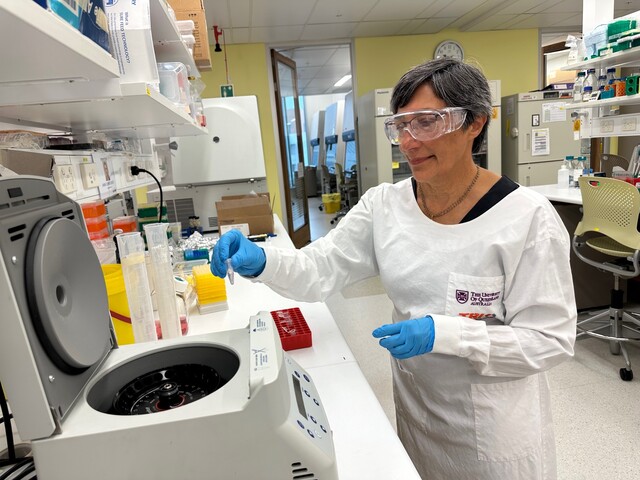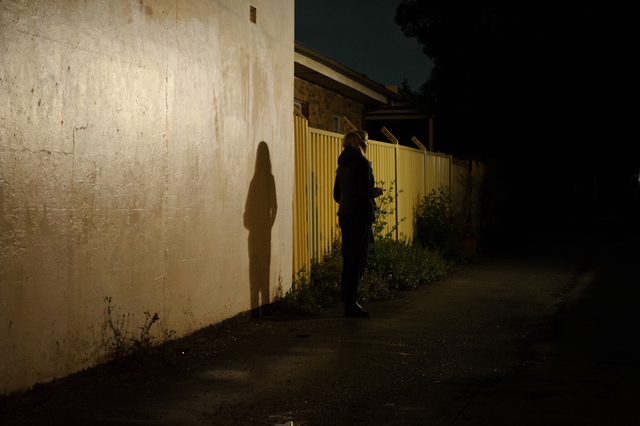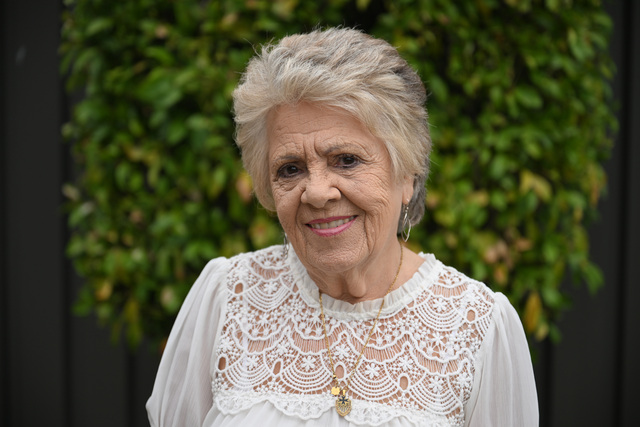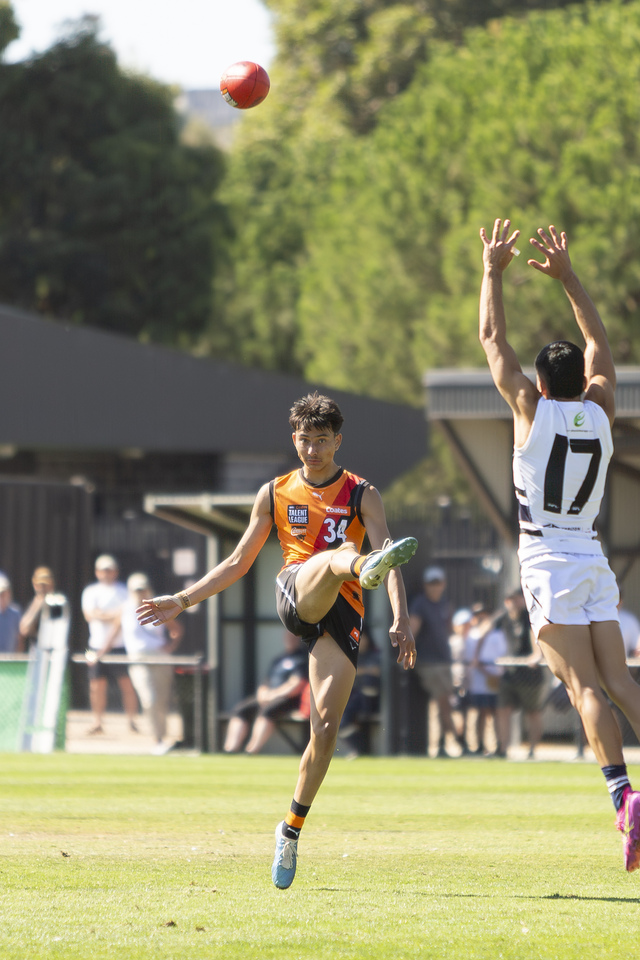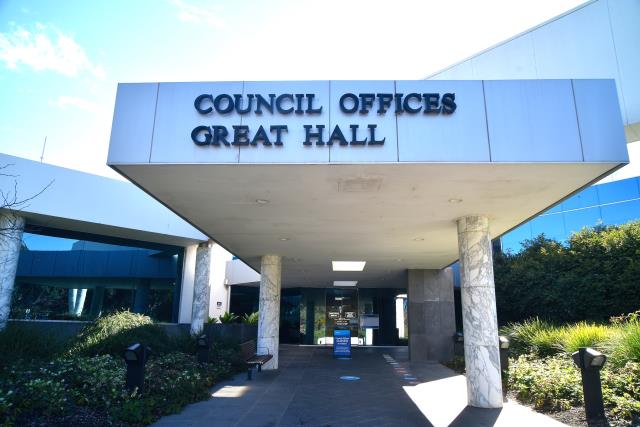Long-term relief is within reach for people with the debilitating autoimmune disease, Rheumatoid Arthritis (RA), following an $11.5 million grant to assist in the development of an immunotherapy drug which could “transform” patient’s lives.
The funding, delivered as part of the federal government’s frontier health and medical research initiative, will enable University of Queensland (UQ) researchers to begin the next phase of their Reset Rheumatoid Arthritis project, which will involve clinical trials of the drug.
RA is a painful lifelong inflammatory disease affecting 23 million people worldwide, with the incidence disproportionately high in women.
UQ Frazer Institute’s Professor Ranjeny Thomas said the drug, ASITI-RA, IS an antigen-specific immunotherapy developed to reprogram the immune system to sustain long-term remission in RA.
“Within two years, we expect to be able to start phase ONE clinical trials of the immunotherapy, which aims to reduce the need for lifelong immunosuppression,” she said.
“It would transform patient’s lives and reduce the economic burden associated with RA.
“This research has evolved over many years, and we are so excited to receive this funding that will accelerate our progress to the clinic.”
In early-phase human clinical trials conducted by Professor Thomas’ team, participants in two of the dose groups entered disease remission within eight weeks.
“We learned from this trial that there is a dosing sweet spot, which will be helpful for our next trial,” Professor Thomas said.
“But one of our most exciting findings was the patient’s disease-specific antibodies also changed, which doesn’t occur in response to current therapies.
“Based on our results, this funding provides a world-first opportunity to leverage these learnings, and to progress our new immunotherapy to trial to interrupt the disease process and achieve safe treatment withdrawal.
“Immunotherapies like this might also be used to prevent the onset of RA in people at high risk, and in people recently diagnosed with other autoimmune disorders like Type 1 diabetes.”
Partners on the project include The University of Sydney, Monash University, King’s College London, Macquarie University, Newcastle University, Leiden University Medical Center, Flinders University, Metro South Hospital and Health Service, Arthritis Australia, Arthritis Queensland, The CLEARbridge Foundation, Southern Adelaide Local Health Network, Translational Research Institute, and the Australian Rheumatology Association.

